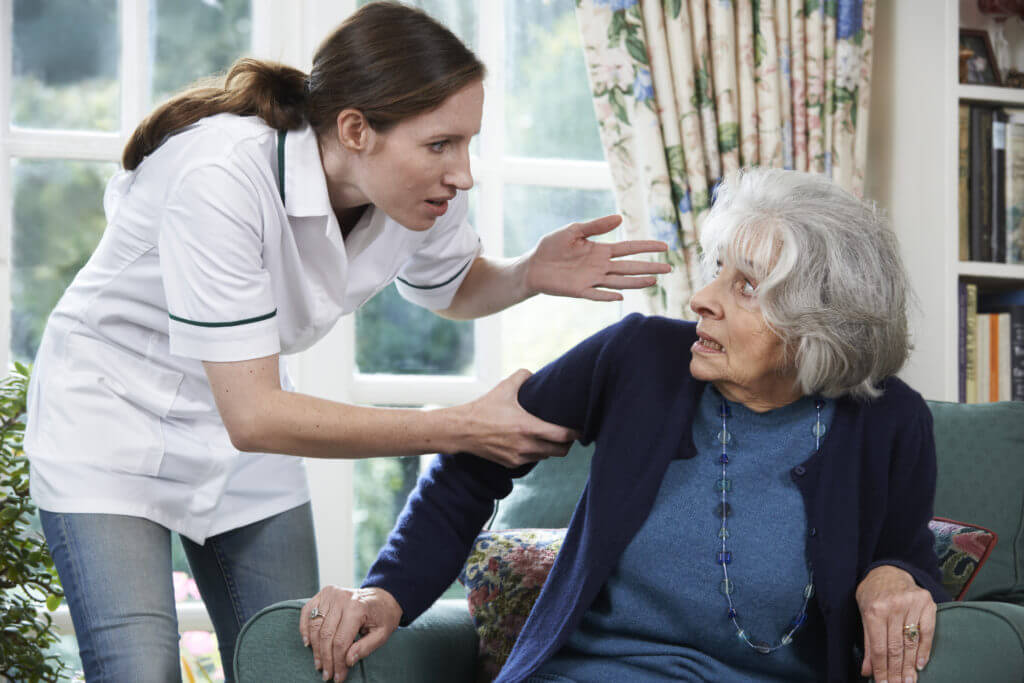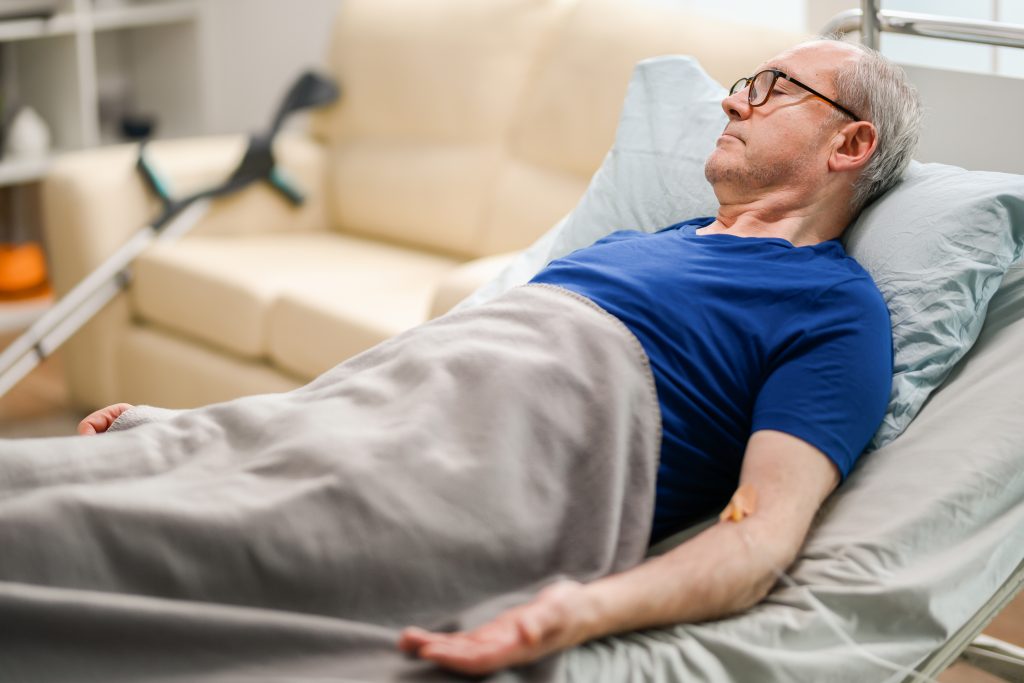
Miami Nursing Home Abuse Attorney
A resident of a nursing home who is injured by the negligence or wrongful conduct at the nursing home has certain legal rights. Nursing home abuse victims have the right to sue for compensation and take legal action against their nursing homes. Vaval Law in Miami knows how abuse can cause long-lasting and severe injuries to nursing home residents. We will fight for justice and financial compensation for our clients. Our experienced Miami lawyers for nursing home abuse can help you today.
Many worry about our elderly grandparents, parents, siblings, friends, and spouses. We want to be there for them to provide companionship, help with their daily activities, monitor their health, and offer support. Sometimes, we have to help our loved ones with their daily needs. Over 1.5 million Americans are disabled or elderly and require the assistance of a skilled medical professional to provide care and comfort. Most nursing homes offer exceptional care and are staffed with qualified professionals with years of experience. Unfortunately, some nursing homes fall short.
In the United States, the National Center on Elder Abuse reported almost 188,600 complaints of abuse, neglect, or exploitation. The NCEA found that nursing home abuse and injuries were grossly underreported. This means that the real numbers are likely to be much higher. Abusive behavior can come in many forms and can be committed by staff at nursing homes, residents, or visitors.
Nursing home abuse can cause emotional and physical harm to loved ones. Nursing home abuse is unacceptable, regardless of whether it’s intentional or unintentional. Neglecting a resident can lead to serious bodily injury, depression, and even death. Learn more about abuse in nursing homes and the legal options available to you from our Miami personal injuries attorneys.
Different types of abuse in nursing homes
The severity of nursing home abuse cases can differ from one victim to another. Sometimes, staff members may neglect to provide proper care for residents. Sometimes, staff members may lose their temper and verbally or physically attack residents. Staff may also be negligent in their security and supervision, allowing others to hurt their loved ones. The potential for severe injuries in any of these cases is high.
Here are some examples of nursing home abuse:
- Neglect – Nursing homes are responsible for providing primary care to residents, including shelter, food, and medical attention. Sometimes staff communication is broken, or some staff members neglect their duties. Residents can sustain severe injuries if they don’t have enough food, water, or hygiene assistance.
- Physical abuse – People can cause physical harm to others in any situation, including in nursing homes. Nursing home residents can be injured by staff or others. Older residents are less able to defend themselves and more vulnerable to being assaulted and injured. Residents may be at risk of serious injuries that require medical attention. These assaults can also cause mental trauma.
- Emotional abuse – Not all abuse results in physical injuries. However, emotional abuse can cause serious harm to victims. Residents may suffer from emotional scarring when staff members criticize, threaten, or make emotionally-harmful comments to them. Other factors that could lead to residents being isolated from their loved ones, such as fearful living arrangements or emotional manipulation and traumatization, include the need to be forced into hiding, belittled, threatened, or make other emotionally-harmful statements about them.
- Sexual abuse – Although it is not often discussed, elderly nursing home residents are more often subject to sexual abuse than people think. The resident may be unable to defend against a sexual attacker and therefore vulnerable to unwanted sexual exposure, touching, or assault. Sexual abuse can lead to severe mental and physical trauma.
Nursing home abuse can cause long-lasting injuries and other effects on victims. The nursing home should be held responsible for any wrongful or negligent acts by staff or other facility members and for failing to provide adequate levels of care.
Have you or your loved one suffered an injury?
Vaval Law lawyers understand that nursing home abuse is often not reported. Our lawyers know that many residents fear nursing home abuse will continue or escalate if it is not registered. Others may be ashamed or naive enough to admit they have been victims of nursing home abuse. Others may not be able to recall or understand what happened. It is important to recognize signs that your loved ones may have been victims of neglect or abuse in a nursing home.
These are signs of neglect or abuse in a nursing home.
- Bedsores
- Broken bones, cuts, bruises, or any other type of physical injury
- Multiple injuries that don’t have a reason
- Fearful behavior around employees or other people generally
- Signs of restraints are marked on the wrists and ankles
- Bathrooms or resident rooms that aren’t needed
- Stains or odors on the clothing and sheets of your loved one
- Hygiene changes
- Skin disorders
- Unexplained weight gain or loss
- Untreated medical conditions
- Diagnosis for sexually transmitted diseases
- Traumas to the genital area
- Regression to a mute state or childlike condition
- The staff disowns employees who discourage one-on-1 visits
- Behavior changes
- Emotional breakdowns
You should discuss with a skilled nursing facility injury lawyer your best options if you see any of these or other unusual warning signs.

What to do if you suspect elder abuse
You should immediately take steps to investigate if you suspect an older adult was abused or neglected in a nursing home. Here are some things to do:
- Verify the story. The first thing you should do is verify the account. Talk to your friend or relative about the issue and get clear. You can also check with other residents at the nursing home that seems to be coherent if you are able. You can also take photos or gather medical records about recent injuries or prescriptions.
- You might consider moving the older adult to another facility. You can help a nursing facility resident leave immediately if you have concerns about their safety.
- Inform authorities. Inform the police and district attorney. In some states, you must report elder abuse if you become aware of it. The form can file criminal charges against the nursing home if the district attorney finds your evidence criminal.
- You can file a complaint to the appropriate agencies. You can file a complaint regarding the nursing home with your state’s department for social services, adult protection services, or elder protecting services.


